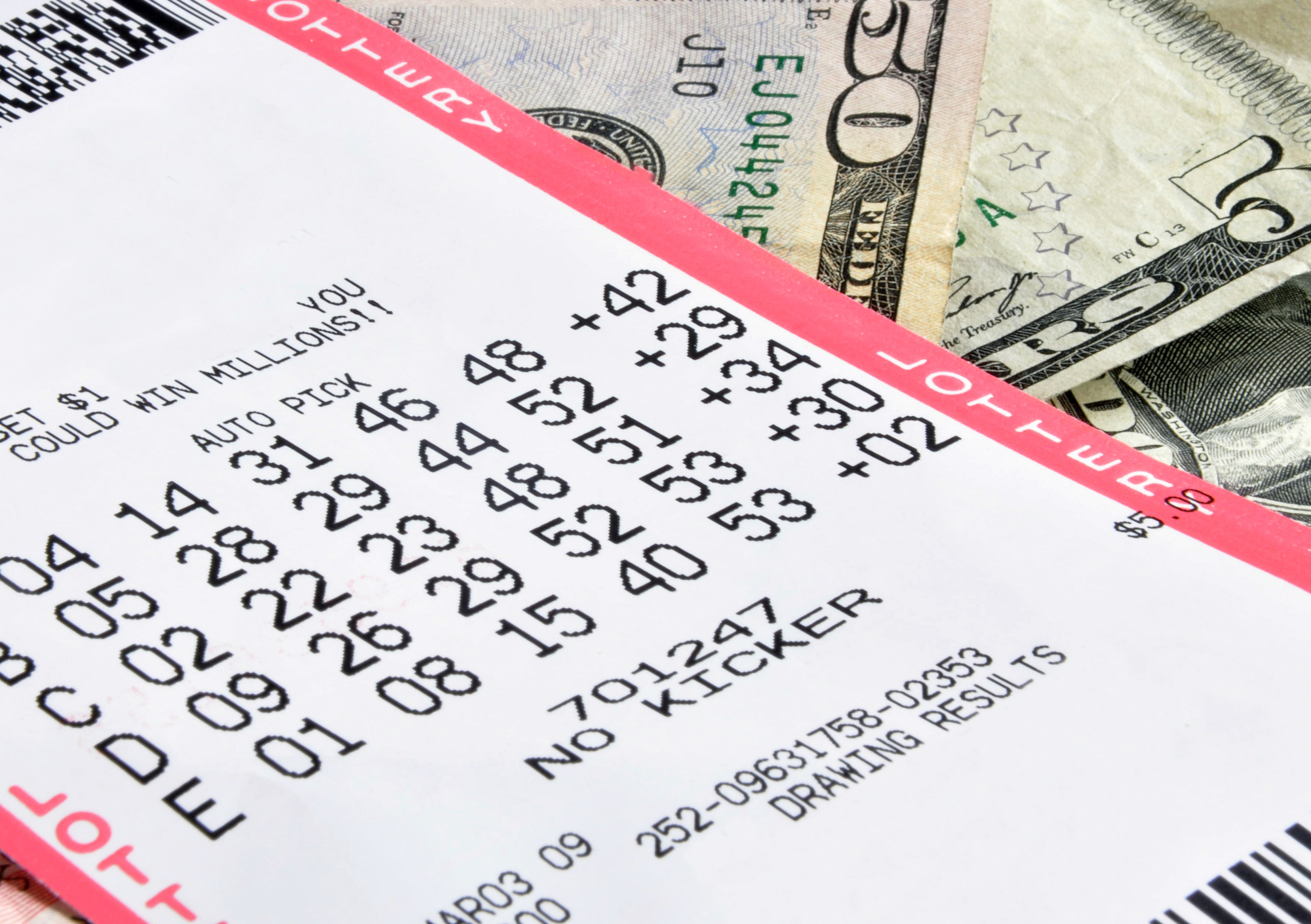 If you’re on a winning streak in life and feeling like you’re on top of the world, it may be time to try your hand at the lottery. Unfortunately, depending on the game you play, the odds are stacked against you.
If you’re on a winning streak in life and feeling like you’re on top of the world, it may be time to try your hand at the lottery. Unfortunately, depending on the game you play, the odds are stacked against you.
For example, the odds of winning the Powerball jackpot are 1 in 292.2 million!
To put that into perspective, you have a better chance of getting struck by lightning in any given year. However, if you are one of the lucky ones who hit the jackpot, you first want to decide if you want the lump-sum or lottery annuity option.
Keep reading to answer four FAQs about the lottery annuity payout and its pros and cons.
What Is a Lottery Annuity?
In short, an annuity is an insurance contract intended to pay out funds as a fixed future income stream. Every state has its own rules, but a lottery annuity is generally the safest type — a fixed immediate annuity.
For example, the Mega Millions lottery annuity option is comprised of one immediate payment and 29 subsequent annual payments. Each of the 29 annual payments will increase by five percent against the previous year to help protect against inflation.
Taxes
Taxes play a significant role in whether you want to take your prize as a lump sum or as annual lottery annuity payments. Many people take the lump sum because they prefer to pay taxes at the time of winning and spend the rest of the cash as they wish. These are people who think that taxes will increase in the future.
However, others may choose an annuity because they think the opposite — that taxes will decrease in the future. Annuities are also an excellent option for those that have difficulty controlling their spending habits.
Guaranteed Income
There are clearly many pros and cons of the lottery annuity and lump sum options to consider. First, an annuity can help you obtain a guaranteed income for the next 29 years and help you budget or limit your spending.
If you take the annuity, that doesn’t mean your money is locked up forever. If you find yourself needing the rest of your money, you can use services like We Pay More Funding to help you sell the rest of your annuity hassle-free.
Annuity Upon Death
Many people wonder what happens to a lottery annuity if you die. Fortunately, the annuity prize doesn’t just stop if you die. The rest of the prize is awarded to a designed beneficiary at the time of death because the annuity is a set period. The new beneficiary will collect the winnings until the 29-30 year period is complete.
Less Pressure and More Discipline
Lottery winners who took the annuity option find that there’s less stress involved. If you win a large jackpot, there may be many friends and family members who would like to take a small part of your newfound fortune.
However, since annuity payments are spread out over 29-30 years, the pressure of giving out significant sums is much lower than if you opted for the lump sum option.
Additionally, annuities force you to develop a more disciplined spending habit. There are horror stories about lottery winners who spent all their money in a short period and ended up penniless. Annuities eliminate the risk of self-control as long as you don’t take loans on the money you haven’t received yet.
Lottery Annuity or Lump Sum
So is the lottery annuity or lump sum option best for you? The answer depends. If you’re lucky and win a large jackpot, the first thing to consider is the tax implications of each type. It’s important that you consult with a CPA or fiduciary financial advisor before making any decisions that could alter the course of your life.
If you found this blog helpful, check out some of our other recent posts!
Leave a Reply